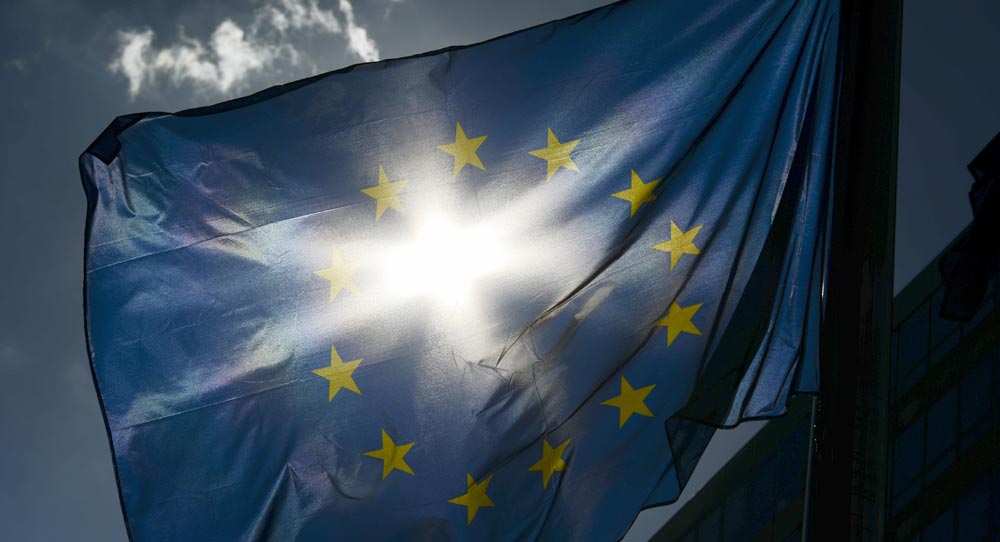Angela Merkel has her summer mapped out. After a short break—usually a walking holiday—the German chancellor will return and go head-on into the campaign for September’s parliamentary election. Merkel is seeking a fourth term. The opinion polls, for now, show that it could be a shoo-in for her conservative Christian Democratic Union (CDU) and its sister party, the Bavarian Christian Social Union.
But Merkel is taking no chances. There is no sense of complacency either in the Chancellery or in the ship-like CDU headquarters in Berlin. Merkel wants to win. She also wants the liberal Free Democrats under their charismatic leader, Christian Lindner, to get back into the German parliament after a four-year absence. Even then, Merkel may need the Greens to govern again, assuming her conservative bloc remains the biggest parliamentary group.
Whatever the outcome of the election, Germany will have to end its indecision about Europe’s direction. Merkel and Germany’s finance minister, Wolfgang Schäuble, could afford to postpone difficult decisions about the future of the EU because there was no competition from other European leaders. Emmanuel Macron’s election as French president has changed all that. Macron has big ambitions for his country and for the EU. If he can turn around the French economy, he can exert more political influence in the EU.
France, Germany, and other eurozone countries will need to decide how to further integrate the EU. Whether that will mean the appointment of an EU finance minister, some kind of banking union, or a formal two-speed Europe will be thrashed out during conventions that Macron wants to convene after the German election.
Political integration will be even more difficult. Europe’s refugee and migration challenge has weakened the European Commission, while the EU member states are now often at loggerheads with the commission and among themselves.
It is difficult to see Hungary or Poland buying into a more integrated Europe given their protective views on sovereignty, their skepticism of the role of the commission, and their disdain for the influence of Germany, which both Warsaw and Budapest perceive as dominating the EU.
Yet several of the big countries, including France and Germany, are wary of the extent of political integration, and not just because populists could seize on it as an attempt to construct a federal Europe. Logically, more integration would mean ceding powers to the commission in matters of defense, security, and foreign policy.
In short, further integration requires an immense leap of faith and deep trust from the member states in the commission’s ability to deliver.
As the summer takes hold, any debate about political integration could be set back by the continuing conflict among the member states about how to deal with migration. Italy is at the receiving end. Thousands of migrants are reaching its shores each week. That—combined with the EU’s failure to put in place a coherent migration policy, Italy’s extremely fragile economy, and a pending general election in the country—points to the need for more integration. But in the worst case, these factors also point to Europe’s possible disintegration.
Brexit has given the EU some respite, even some confidence. But that confidence will be squandered if EU leaders return from their summer vacations believing the other big issues will disappear. They won’t.
Nor will the issue of digitization. This is an issue that several EU leaders avoid because they know the disruptive impact of technology on jobs, education, and competition—and, above all, the fact that digitization will affect the fabric of society and the role of the state.
So just as Russian President Vladimir Putin will continue his efforts to divide the transatlantic alliance and U.S. President Donald Trump’s administration will continue to undermine America’s global influence, European leaders must grasp that intellectual and political complacency are no longer options for their side of the West.
*
Dear friends and colleagues, Strategic Europe takes its annual summer break for two weeks beginning on August 7. We will return on August 21, well in time to catch up on the German election campaign and other issues. In the meantime, we wish you a very restful and enjoyable summer—and in case it taps your interest, here are our summer reading recommendations.






